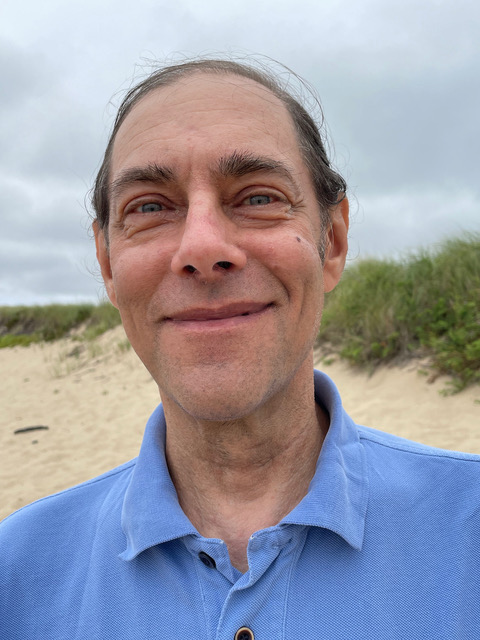I believe that momentum has been steadily growing within progressive Judaism to view the world as interconnected, interdependent and interrelated. One need look no further for evidence than to our shared concerns about global warming, the embrace of non-Jews within Jewish families and institutions, and a growing recognition that antisemitism and other forms of oppression are interrelated. I am struck by the growing gap between what we collectively seem to believe about the world and the persistence of chosenness.
There are, of course, tremendous advantages for Jewish denominations to fully affirm the unity of all, which would imply a turning away from the idea of chosenness. At very least, this would align our core statements of belief with the policy positions widely proclaimed within the social and political arenas.
Momentum has been steadily growing within progressive Judaism to view the world as interconnected, interdependent and interrelated.
A noteworthy non-Reconstructionist liturgical text that reconciles the gap between theology and liturgical language is the alternative Aleinu text introduced in the 1975 Reform New Union Prayer Book. It continues to be found in subsequent Reform siddurim. The text replaces shelo asanu (God did not make us like the nations) with shehu noteh shamayim … ein od (God extends the heavens and secures the earth). It continues va’anakhnu korim (We bow) and quickly concludes bayom hahu … ushemo echad (In that day, God and God’s name will be one). This concise formulation goes further than the text of the 1945 Sabbath Prayer Book of the Jewish Reconstructionist Federation, which continued to affirm the particularity of the Jewish People as receiver of the Torah, “plant(ing) eternal life within us.” An alternative text in the 1994 Reconstructionist prayerbook Kol Haneshamah maintains a focus on humanity while shifting the focus of attention from the Jewish people to all human peoples, each acknowledged as the offspring of creation.
Alterations in liturgy and melody — the goal being aligning words and belief — have been at the core of most of the conflicts in my early-career congregational rabbinate. I am reminded that many, maybe most, people tend towards liturgical conservatism; pushing the envelope can encounter resistance.
My formative experience regarding chosenness came when I was in eighth grade. A pairing of personal loss and political violence close to home, nationally and in Vietnam led me to ask the age-old question: What kind of God who makes choices could or would — the Exodus story aside — so consistently choose the wrong side, too often favoring the least rather than most vulnerable?
Around that same time, I viewed the televised broadcast of the first image of earth from space. That ocean-blue tiny globe swathed in clouds captured my imagination as it did so many others. Bayom hahu … echad (In that day, God and God’s name will be one) — as a metaphor to affirm oneness above all else — seemed to me to be the most redeemable passage within the text.
The problem isn’t only that God is said to choose among peoples, but, following the text of the biblical creation story, that God singles out the human species from among myriads of life forms. The environmental implications are unfortunate.
This is where the Reform formulation she’hu noteh shamayim … ein od shows promise. If shamayim represented the rabbis’ conceptualization of the universe in its entirety, then the embrace of everything, living and even inert, is the only revisioning of chosenness I can affirm. A Divine “choice” of this universe rather than constituents within it might be cause for non-Reconstructionist Jews to revision the liturgy of chosenness. It is the literal truth that, as many Jews affirm in word and song our Divine chosenness, this tiny blue globe is burning.







